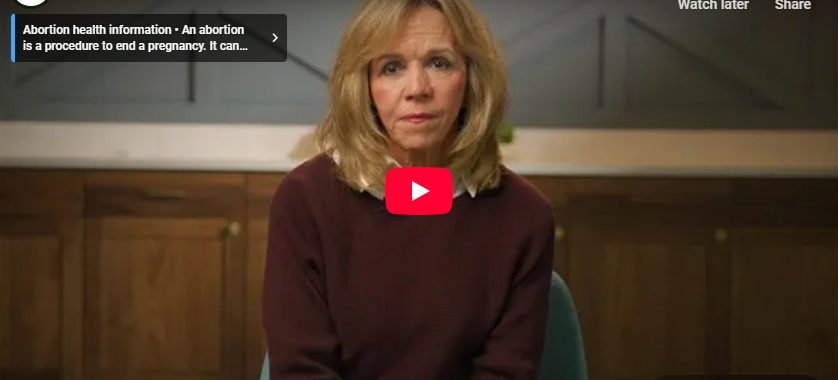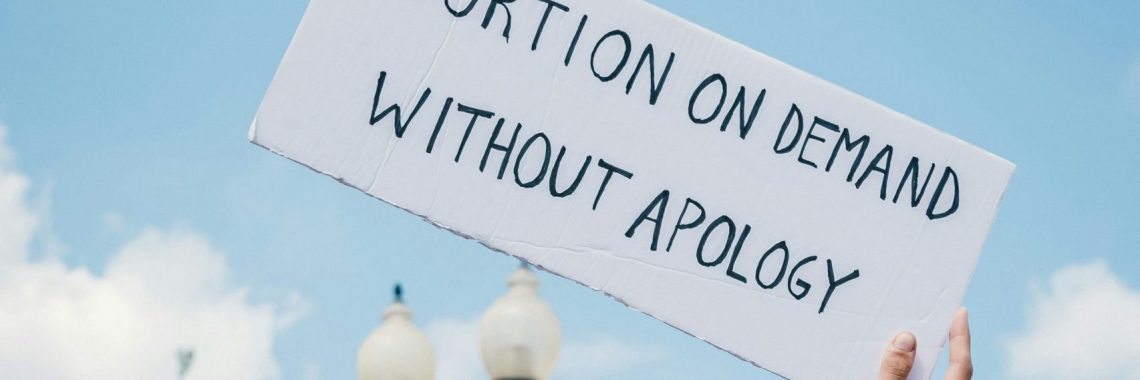Two Bills Filed to Strengthen Rights of Conscience in Arkansas

Two bills filed at the Arkansas Legislature would help strengthen protections for religious liberty and rights of conscience across the state.
Right now Arkansas has some of the best conscience protections in America.
In 2015 Gov. Hutchinson signed Arkansas’ Religious Freedom Restoration Act into law. In 2023 lawmakers passed additional legislation to further strengthen that good law.
In 2021 Arkansas passed Act 462 protecting healthcare workers’ rights of conscience. Before 2021, Arkansas’ conscience protections were narrowly focused on abortion and end of life decisions, and they protected very few people. Act 462 helped broaden those protections for all healthcare workers.
Two bills filed this year would make these good laws even better.
H.B. 1615 by Rep. Robin Lundstrum (R — Elm Springs) and Sen. Gary Stubblefield (R — Branch) would ensure that faith-based adoption and foster care providers, religious organizations, and religious individuals are not penalized for living out their deeply held religious convictions.
Time and again, wedding venues, bakeries, photography studios, florist shops, and others have been targeted by public officials and dragged into court simply because their owners wanted to operate according to their deeply held convictions. H.B. 1615 will help prevent the government from burdening the free exercise of religion in Arkansas.
S.B. 444 by Sen. Kim Hammer (R — Benton) and Rep. Lee Johnson (R — Greenwood) strengthens the healthcare workers’ rights of conscience law Arkansas passed in 2021. Among other things, this good bill adds whistleblower protections for healthcare workers, and it helps protect all medical professionals from having their rights of conscience violated.
If passed, these two bills would help Arkansas continue providing some of the best protections for religious liberty and rights of conscience in the country. That would be something to celebrate.
Articles appearing on this website are written with the aid of Family Council’s researchers and writers.




